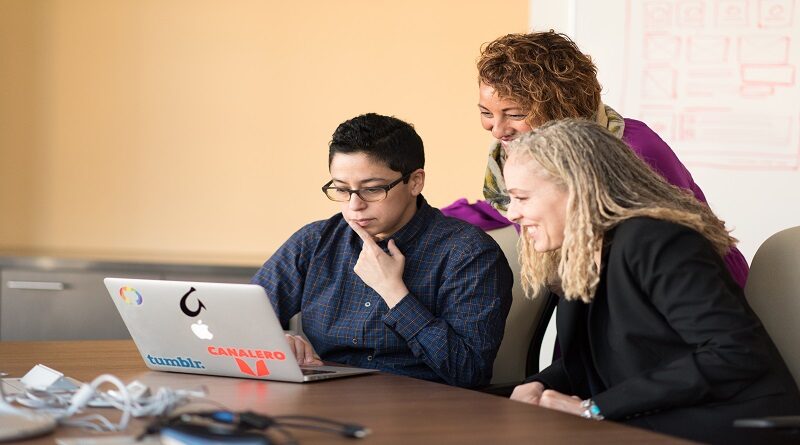Postgraduate courses in Youth Development
Do you want to work with young people to help them reach their full potential? DO you want to support those who need it most to get the best out of themselves? Are you caring, kind, understanding, have excellent communication skills and are ambitious? If so, these are some of the qualities that are important in this role.
There are a number of courses available in this area. Take a look below and see if there is one that is right for you.
What is youth development?
Youth development helps to promote positive behaviour and prepares young people to deal with challenges of adolescence and adulthood to reach their full potential. In this role, you will work alongside young people in a variety of settings such as in the community, in schools and more.
You will have the opportunity to work in roles such as a social worker, a youth worker and many other roles within education, international development and social policy settings. As a youth worker you will work with people aged between 11-25 to help them to reach their full potential. You will plan, organise and oversee community programmes that are carefully designed to address social inequalities in order to provide relevant resources to facilitate social, and emotional development of those you are working with.
You will carry out tasks such as supporting and helping with the development of clubs and services, creating and implementing support programmes, working alongside youths and community workers and organisations to meet the needs and requirements of those in the community as well as recruiting, training and working with volunteers in the community and building strong relationships.
In this role, you may be expected to work unsocial hours such as evenings and weekends depending on what exactly is going on in the organisation and community. There may also be travel involved in this role.
Courses
There are many courses on offer in the area across the UK. Some courses offer the opportunity to study either part time or full time. Universities may have certain restrictions in place due to Covid-19 and may offer courses online. Courses available include:
Children, Youth and International Development
Postgraduate courses in this area will focus on youth studies in an international context. You will look at how childhood and the experience of being a child are defined and experienced in different times, places and cultures. Modules in this course include Social Studies of Childhood: Key Concepts and Issues, International Political Economy of Childhood, Researching Children and Childhood and you will also do your research dissertation.
Youth Work, Health and Community Development
A postgraduate course such as this one will provide students with the opportunity to develop their skills and knowledge in order to support young people and communities and aid the handling of the complexities of social justice. Modules include Health and Social Research Methods, Field Practice, Management of Services and People, Theory and Practice of Community Development, Issues of Health and Well-being and Anti-oppressive practice.
Entry requirements
Entry requirements may differ from course to course or university to university. Therefore, it is important to research your specific course in detail to ensure you meet the entry requirements. As these courses are postgraduate courses, you will need a bachelor’s degree. Some courses may accept a 2.2 degree while others will require a 2.1 in a relevant area.
Salary
Your salary in this area will be dependent on multiple variables. These include your exact employment type, your location, your experience and your role. As a youth worker, you can earn anything between £18,000 to £28,000. At entry level, your salary will start lower and will increase as you gain experience. All figures are based on estimates and are intended to be used as a guide only.
Related Jobs
- Youth Worker
- Social Worker
- Development worker
- Learning Mentor
- Community Development Officer
Skills and requirements
Skills and requirements helpful in this area include:
- Excellent communication skills
- Interpersonal skills
- People skills
- Trustworthy
- Research skills
- An open mind
- Understanding
- Ability to build relationships
- Time management skills
- Organisation skills
- The ability to work well with others
- An analytical mind
- Curious about human behaviour
- An interest in youth development
- Inquisitive




